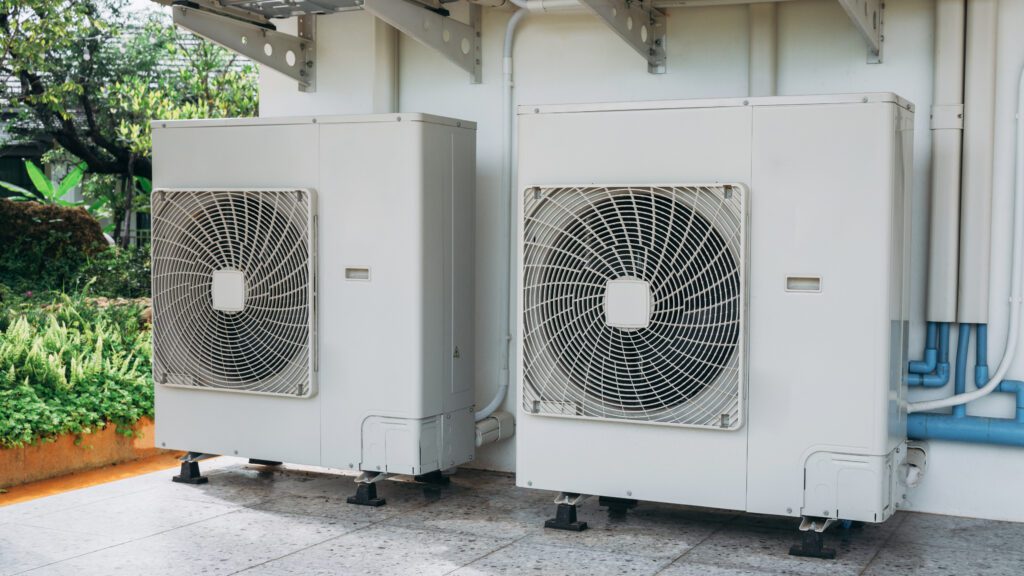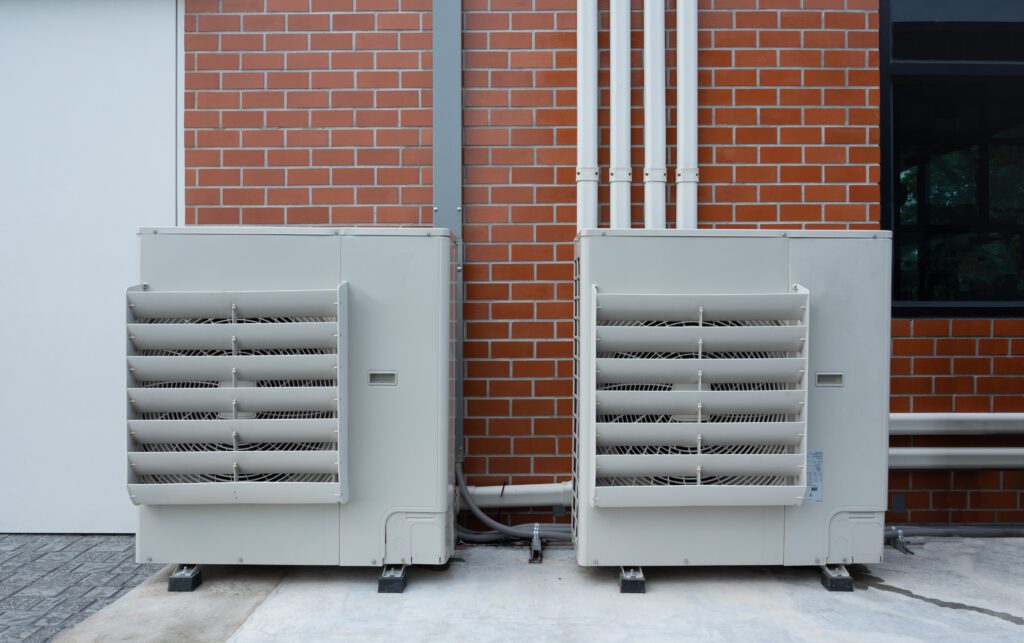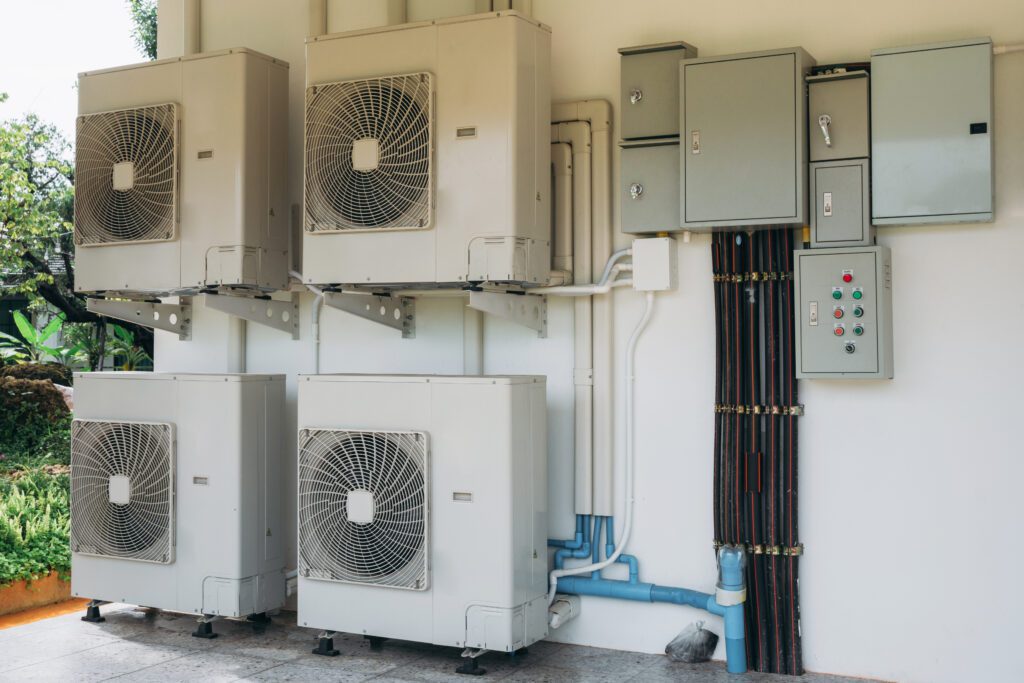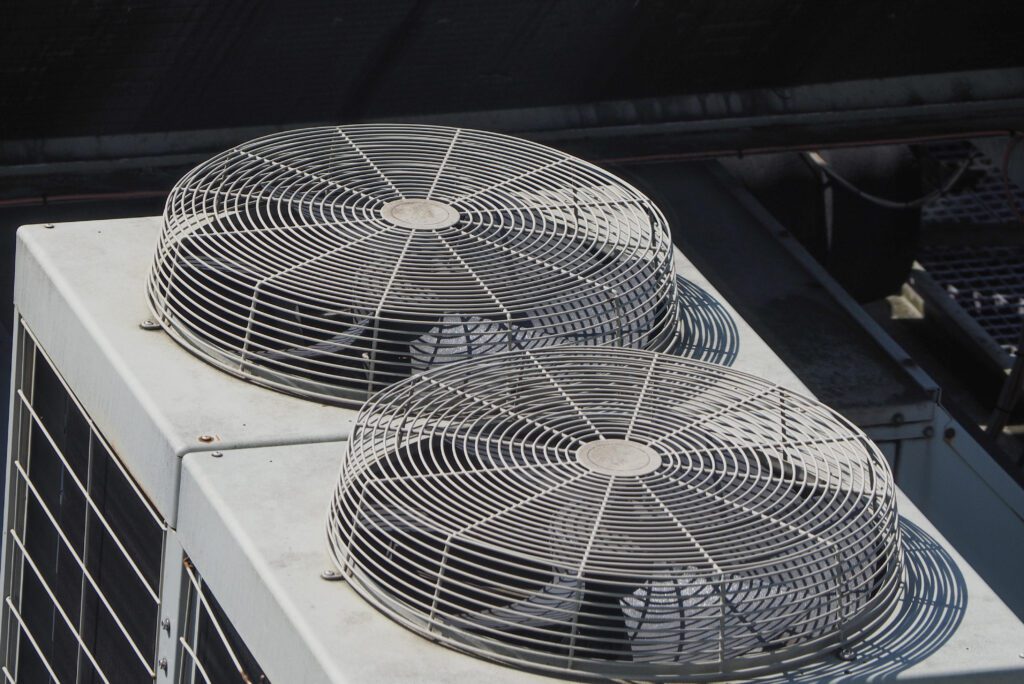Your HVAC system is crucial for maintaining a comfortable environment in your home, particularly in a region like Martinsburg, West Virginia, where seasonal temperature fluctuations can be significant. This article delves into understanding, maintaining, and upgrading your HVAC system, alongside tips for enhancing its efficiency and choosing the right system for your home.
Understanding Your HVAC System
A deep understanding of your HVAC system can help you make informed decisions about maintenance, upgrades, and energy conservation. HVAC stands for Heating, Ventilation, and Air Conditioning, encompassing the technology used to regulate indoor temperature and air quality.
The Basics of HVAC Systems
At its core, an HVAC system consists of several components that work together to heat, cool, and ventilate your home. Understanding these parts—such as the furnace, air conditioner, ductwork, and thermostat—is essential for effective usage and maintenance.
Furnaces heat your home through various fuel sources like gas, oil, or electricity, while air conditioners cool it down using refrigerant cycles. Ductwork is crucial for distributing air efficiently throughout your living spaces, and thermoregulation is managed via the thermostat, which serves as the main control panel for your system.
In addition to these primary components, many modern HVAC systems also incorporate advanced technologies such as variable-speed fans and smart thermostats. Variable-speed fans allow for more precise control over airflow, which can enhance comfort levels and improve energy efficiency. Smart thermostats, on the other hand, can learn your schedule and preferences, adjusting temperatures automatically to optimize energy use and reduce costs. These innovations not only improve the performance of your HVAC system but also contribute to a more sustainable living environment.
Importance of Regular HVAC Maintenance
Regular maintenance is key to ensuring that your HVAC system operates efficiently and reliably. Scheduled maintenance helps avoid unexpected breakdowns, extends the lifespan of your system, and ensures energy efficiency, leading to lower utility bills.
It is advisable to schedule professional inspections at least once a year. During such inspections, technicians can perform essential tasks like cleaning components, checking refrigerant levels, and ensuring optimal airflow. Furthermore, regular maintenance can help identify potential issues before they escalate into costly repairs. For instance, a simple cleaning of the air filters can significantly improve air quality and system efficiency, while also preventing strain on the unit that could lead to premature failure.
Homeowners can also take proactive steps in between professional visits to maintain their HVAC systems. This includes regularly changing or cleaning air filters, ensuring that vents are unobstructed, and keeping the outdoor unit clear of debris. By being vigilant and attentive to these details, you can enhance the overall performance of your HVAC system and create a more comfortable living environment year-round.
Tips to Improve Your HVAC Efficiency

Improving the efficiency of your HVAC system can lead to significant energy savings and enhanced comfort in your home. Here are some tips to help you maximize your HVAC performance.
Regular Cleaning and Maintenance
Regular cleaning of your HVAC system is vital. Clogged filters and dirty components can hinder airflow, forcing your HVAC system to work harder than necessary to maintain the desired indoor temperature. Ensure you check and replace filters every one to three months, depending on use.
In addition, clean the condenser and evaporator coils to remove dust and debris. Routine cleaning not only helps improve efficiency but also reduces the wear and tear on your system, resulting in prolonged longevity. Furthermore, consider scheduling professional maintenance at least once a year. A trained technician can identify potential issues before they become major problems, ensuring your system operates at peak performance and extending its lifespan.
Upgrading Your HVAC System
If your HVAC system is over ten years old, it may be time to consider an upgrade. Older systems are often less efficient and may lack the advanced features available in modern models. Newer systems come equipped with smart technology that allows for better energy management and user control.
Investing in a high-efficiency unit can significantly reduce your energy consumption and improve indoor air quality. Look for units that have a high SEER (Seasonal Energy Efficiency Ratio) rating to ensure you’re getting an energy-efficient product. Additionally, consider options like variable-speed compressors, which can adjust their output based on the cooling or heating demand, providing a more consistent temperature and reducing energy usage during less extreme weather conditions.
Energy-Efficient Practices for HVAC
Implementing energy-efficient practices can also help improve your HVAC system’s efficiency. Simple actions like sealing duct leaks, using programmable thermostats, and optimizing insulation can have a positive impact.
- Seal Duct Leaks: Ensure ducts are properly sealed and insulated to prevent loss of conditioned air.
- Use Programmable Thermostats: This allows you to set temperatures according to your schedule, reducing energy usage when you’re not home.
- Optimize Insulation: Ensure your home is well-insulated to minimize heat loss during winter and heat gain during summer.
Moreover, consider utilizing ceiling fans to help circulate air more effectively throughout your home. In the summer, fans can create a wind-chill effect, allowing you to set your thermostat a few degrees higher without sacrificing comfort. In the winter, running fans in reverse can help distribute warm air that rises to the ceiling back down into the living space. These small adjustments can lead to noticeable improvements in your HVAC system’s efficiency and overall comfort levels.
Choosing the Right HVAC System for Your Home

Choosing the right HVAC system is crucial for achieving optimal comfort and efficiency. Several factors come into play when making this important decision.
Factors to Consider When Choosing an HVAC System
When selecting an HVAC system, consider the size of your home, local climate, and your budget. Oversized or undersized systems can lead to inefficiency and discomfort. A properly sized system ensures that your home maintains a consistent temperature without excessive energy consumption, which can be determined through a professional load calculation.
Additionally, evaluate energy efficiency ratings and the availability of advanced features like zoning capabilities, which allow for precise temperature control in different areas of your home. It is also worth checking local rebates or incentives for energy-efficient HVAC systems. These incentives can significantly offset the initial costs, making it easier to invest in a system that not only meets your needs but also aligns with your financial goals.
Furthermore, consider the type of fuel your HVAC system will use. Options include electric, gas, or even renewable energy sources like geothermal or solar. Each type comes with its own set of advantages and disadvantages, which can affect both your operating costs and environmental impact. For instance, while gas systems may offer lower operational costs in some regions, electric systems can be more efficient in areas with abundant renewable energy sources.
Benefits of Energy-Efficient HVAC Systems
Opting for energy-efficient HVAC systems not only reduces your carbon footprint but results in considerable cost savings on energy bills. These systems use less energy to maintain your desired temperature, which means that, over time, the initial investment can pay for itself. Many modern systems are equipped with smart technology that optimizes energy use based on your habits, further enhancing savings.
Moreover, energy-efficient HVAC systems often have a reduced environmental impact as they consume fewer resources and produce less waste. This makes them a responsible choice for environmentally-conscious homeowners. Additionally, many energy-efficient models come with advanced filtration systems that improve indoor air quality by reducing allergens and pollutants, creating a healthier living environment. This is particularly beneficial for families with members who suffer from allergies or respiratory issues, as cleaner air can lead to improved overall health and well-being.
Professional HVAC Services in Martinsburg, WV

Sometimes, handling HVAC issues on your own can be overwhelming. In such cases, professional HVAC services can save you time and ensure proper handling of repairs and maintenance. With the right expertise, these professionals can diagnose problems that may not be immediately apparent, ensuring your system operates efficiently and effectively.
When to Call a Professional for HVAC Services
It’s essential to know when to consult a professional to avoid further complications or costly repairs. Signs that you should call a professional include unusual noises from your HVAC unit, inconsistent temperatures throughout your home, and a sudden increase in energy bills. Ignoring these signs can lead to more significant issues, such as complete system failure, which can be both inconvenient and expensive to rectify.
Moreover, if your system requires uncharacteristically frequent repairs, it may indicate that a professional assessment is necessary to determine if repair or replacement is more advantageous. Regular maintenance checks can also help identify potential problems before they escalate, allowing you to avoid the stress of unexpected breakdowns during extreme weather conditions.
Finding a Reliable HVAC Service Provider in Martinsburg, WV
Finding a reliable HVAC service provider in Martinsburg can be challenging, but it’s crucial for maintaining your system’s health. Start by seeking recommendations from friends or family, and check for online reviews to gauge customer satisfaction. Local community forums or social media groups can also be valuable resources for finding reputable service providers who have a proven track record in your area.
Make sure to verify that the service provider is licensed, insured, and has experience in the type of services you require. Always request estimates for any necessary work and inquire about warranties on parts and services provided. Additionally, consider asking about their maintenance plans, which can offer peace of mind and ensure your HVAC system remains in optimal condition year-round. A good service provider will not only address your immediate concerns but also provide guidance on how to extend the life of your HVAC system, helping you save money in the long run.
Future of HVAC Systems
The HVAC industry is evolving rapidly, with new technologies and sustainable practices shaping the future landscape. Staying informed about these changes can help homeowners make better choices for their HVAC needs.
Technological Advancements in HVAC Systems
Technological advancements are transforming HVAC systems, making them more efficient and user-friendly. Smart thermostats, for instance, allow homeowners to monitor and control their HVAC systems remotely through smartphone apps, providing greater control over energy usage.
Additionally, the integration of artificial intelligence and machine learning is leading to predictive maintenance, allowing for timely interventions before potential failures occur. These technologies analyze data from the HVAC system to predict when maintenance is needed, reducing downtime and extending the lifespan of the equipment. Furthermore, advancements in variable refrigerant flow (VRF) systems enable precise temperature control in different zones of a home, ensuring personalized comfort while optimizing energy consumption.
Sustainability in HVAC Systems
Sustainability is becoming a priority in the HVAC industry, with manufacturers focusing on producing eco-friendly products that minimize environmental impact. This includes the development of refrigerants that have lower global warming potential and systems designed for reduced energy consumption.
Investing in sustainable HVAC technologies not only benefits the environment but also aligns with a growing trend among consumers who prioritize energy efficiency and ecological responsibility in their purchasing decisions. Moreover, many governments and local authorities are offering incentives for homeowners who upgrade to energy-efficient systems, making it financially advantageous to invest in greener options. As renewable energy sources become more prevalent, integrating HVAC systems with solar panels and other sustainable technologies is also gaining traction, further enhancing energy independence and reducing utility costs.
In conclusion, elevating your HVAC system in Martinsburg, WV, requires a comprehensive approach involving understanding, regular maintenance, smart upgrades, and awareness of new technologies. With the right knowledge and services, you can ensure a comfortable living space for years to come.



